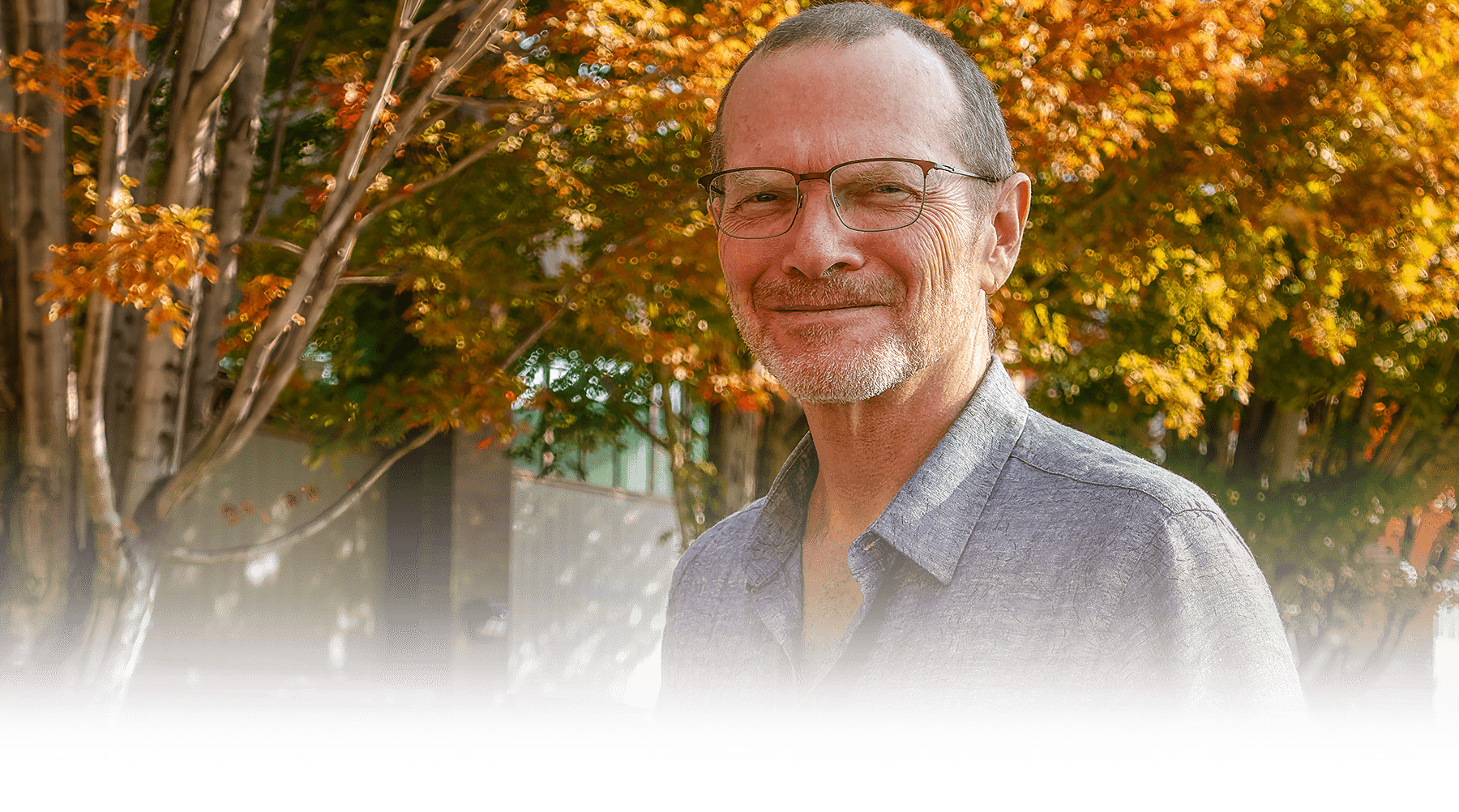Faculty of Arts
Arts Menu
-
- Master of Arts in Human Rights and Social Justice
- Bachelor of Arts
- Bachelor of Communication and Digital Journalism
- Bachelor of Interdisciplinary Studies
- Associate of Arts Degree
- Police and Justice Studies Diploma
- Emergency Communications Certificate
- Technical Theatre Certificate
- World Languages and Cultures Certificate
- Arts Cohort
-
- Communication and Visual Arts
- Environment, Culture and Society
- Literatures, Languages, and Performing Arts
- Philosophy, History and Politics
- Chair's Message
- History
- Degree Options
- Courses
- Student Success
- Awards and Scholarships
- Handbook for History Students
- Introduction - Handbook
- Why Study History?
- Varieties of History
- Historian's Work
- Pros, Amateurs and others
- Careers
- Libraries and Research
- Taking Notes
- Formulating a Topic
- Compiling a Bibliography
- Primary Sources
- Secondary Sources
- Need for Recent Sources
- Where to Start
- Note-taking
- Shape of the Essay
- Style of the Essay
- Checking the Essay
- Documentation
- Bibliographies and Footnotes
- Plagiarism
- Writing Essay Examinations
- Title Pages and Formatting
- Citation Generators
- Examples
- Citation Formatting
- History Links
- Philosophy
- Politics
- Our Faculty
- Contact Us
- Psychology
Section Menu
-
- Master of Arts in Human Rights and Social Justice
- Bachelor of Arts
- Bachelor of Communication and Digital Journalism
- Bachelor of Interdisciplinary Studies
- Associate of Arts Degree
- Police and Justice Studies Diploma
- Emergency Communications Certificate
- Technical Theatre Certificate
- World Languages and Cultures Certificate
- Arts Cohort
-
- Communication and Visual Arts
- Environment, Culture and Society
- Literatures, Languages, and Performing Arts
- Philosophy, History and Politics
- Chair's Message
- History
- Degree Options
- Courses
- Student Success
- Awards and Scholarships
- Handbook for History Students
- Introduction - Handbook
- Why Study History?
- Varieties of History
- Historian's Work
- Pros, Amateurs and others
- Careers
- Libraries and Research
- Taking Notes
- Formulating a Topic
- Compiling a Bibliography
- Primary Sources
- Secondary Sources
- Need for Recent Sources
- Where to Start
- Note-taking
- Shape of the Essay
- Style of the Essay
- Checking the Essay
- Documentation
- Bibliographies and Footnotes
- Plagiarism
- Writing Essay Examinations
- Title Pages and Formatting
- Citation Generators
- Examples
- Citation Formatting
- History Links
- Philosophy
- Politics
- Our Faculty
- Contact Us
- Psychology
Dean's Corner

September 2021
March 2021
January 2021
September 2020
March 2020
January 2020
Holidays 2019
December 2019
August 2019
March 2019
February 2019
January 2019
Holidays 2018
Winter 2018
Fall 2018
Richard McCutcheon, PhD
Dean, Faculty of Arts
Dr. McCutcheon’s engagement with administrative leadership is informed by 35+ years of studies, teaching, research and service in university settings. It is also influenced by his periodic work with non-governmental and charitable organizations.
Much of Rick’s scholarly and humanitarian work has focused on issues of peace, conflict, human rights and social justice with a particular focus on the large-scale violence experienced by the country of Iraq, where he traveled in times of war and later lived for one year with his partner as country representatives for two non-governmental organizations. For many years, Rick was a highly regarded professor in the Conflict Resolution Studies and International Development Studies programs of Menno Simons College at The University of Winnipeg.
Prior to coming to TRU, Rick held academic dean roles at The University of Winnipeg and Algoma University, where he also functioned for three years as the Acting VP Academic for the institution. Now, in his second term at TRU, Rick continues to enjoy opportunities to work with colleagues in the Faculty of Arts.
Rick holds a BA (Hons) with a major in Religious Studies and a minor in Sociology from Brandon University, an MA in Comparative Religious Studies, and a PhD in Anthropology from McMaster University. In addition to various journal articles and opinion pieces, he is co-author or co-editor of three book length monographs, including the widely read When the Rain Returns: Toward Justice and Reconciliation in Palestine and Israel and Voices of Harmony and Dissent: How Peacemakers are Transforming their Worlds.
True to his anthropological inclinations, Rick enjoys the outdoors and travelling to experience diverse cultures. He can often be found relaxing on patios in urban centers exploring the various and eclectic cuisines or out in nature photographing landscapes and wildlife as contemplative practice. Rick and his partner are parents to a creative and energetic eleven-year-old boy.

